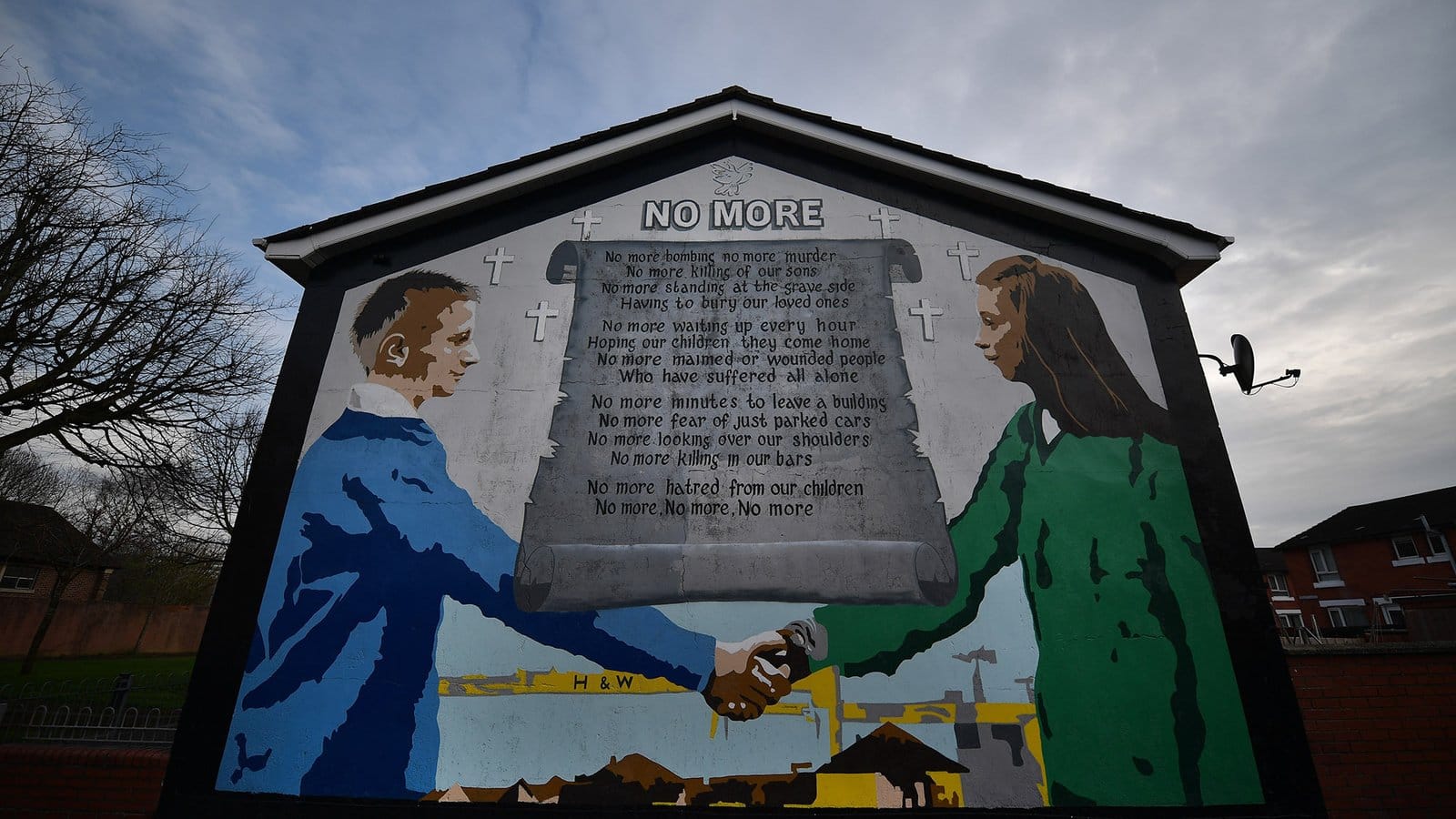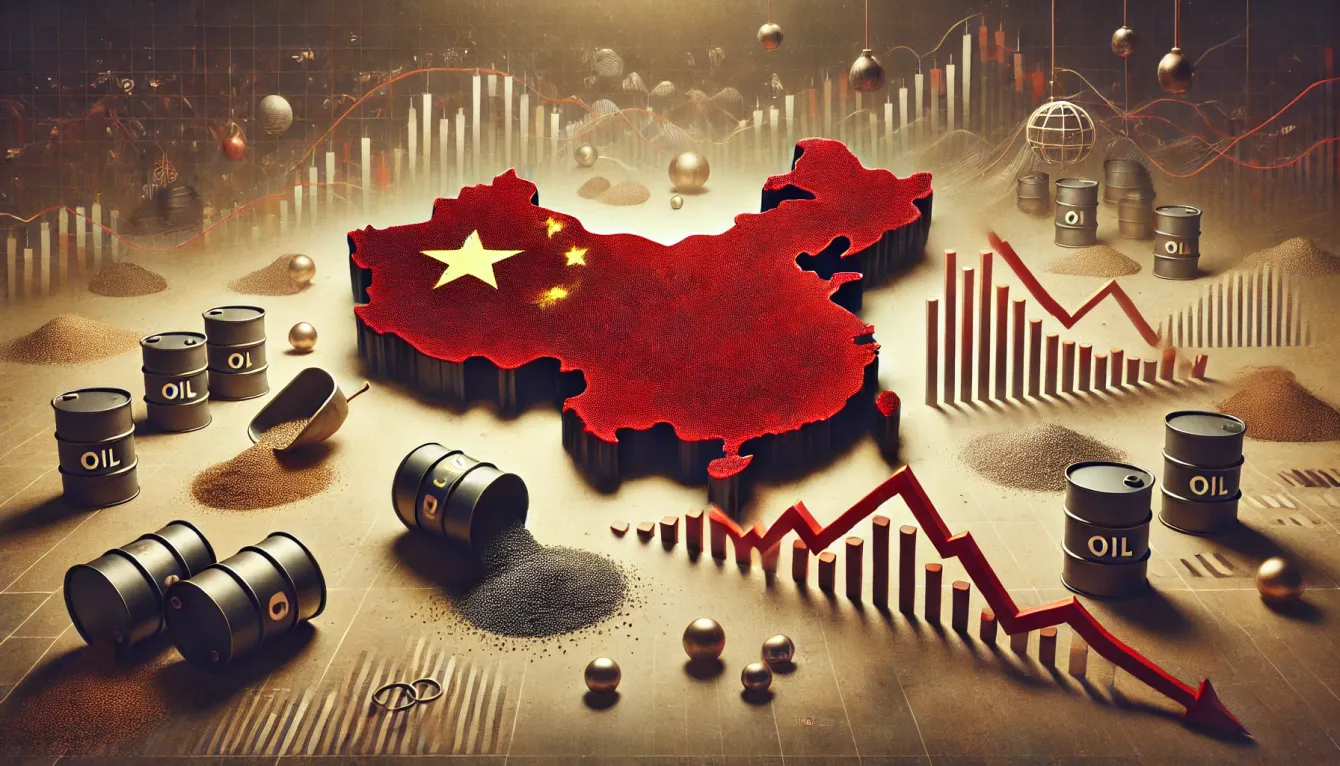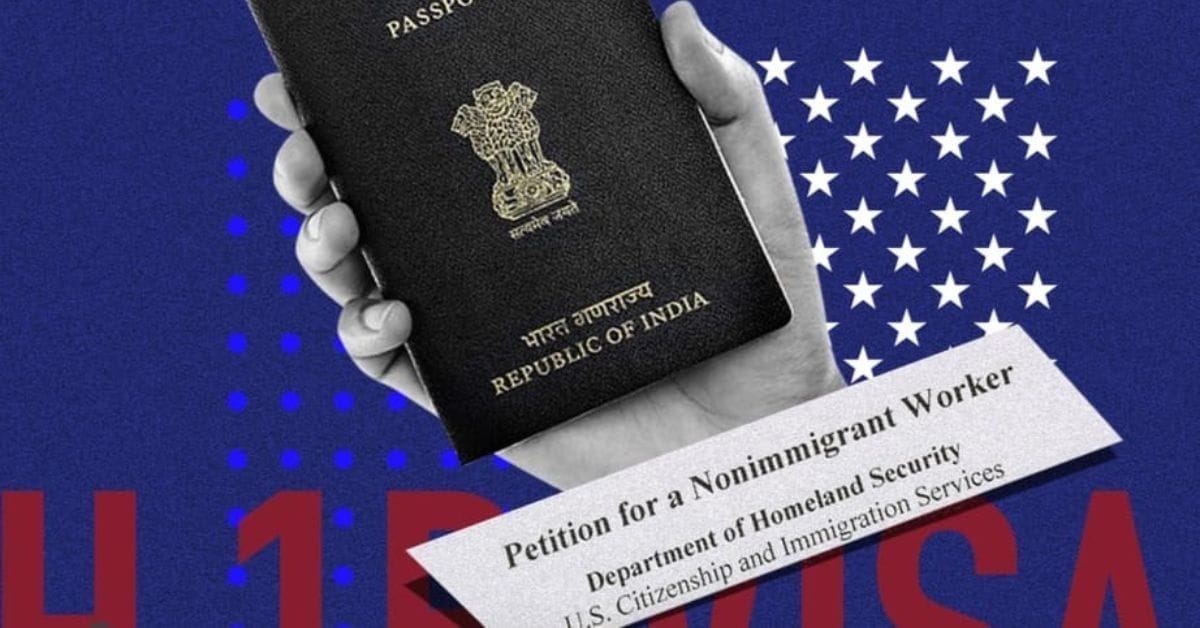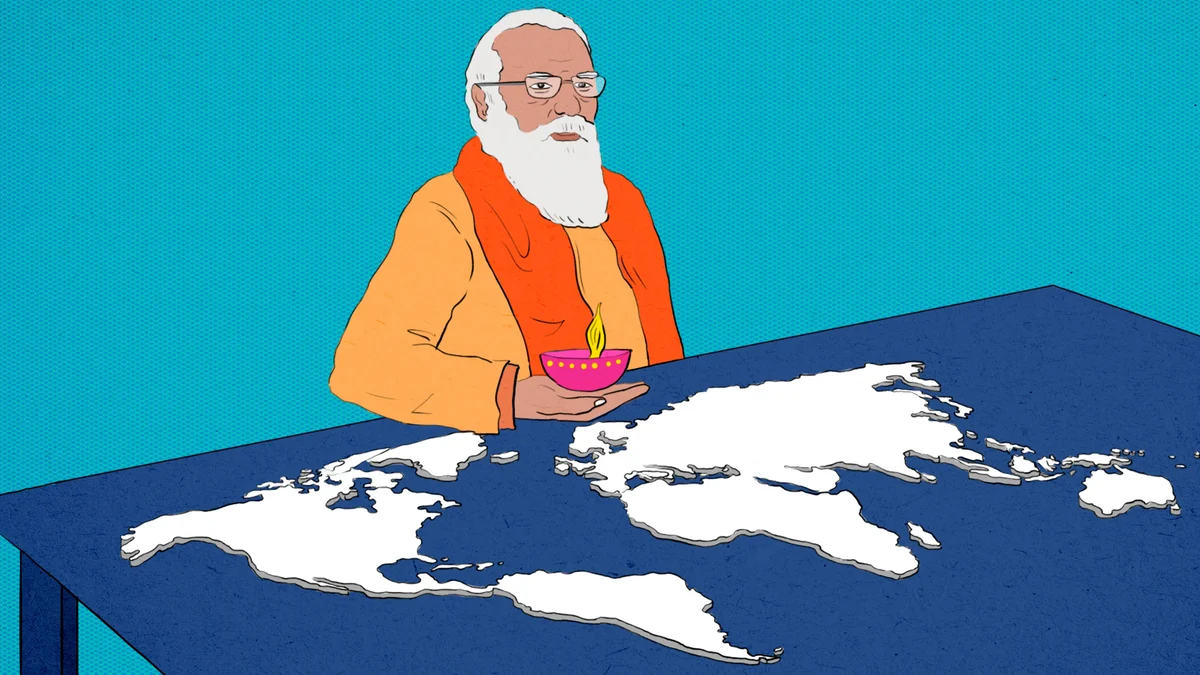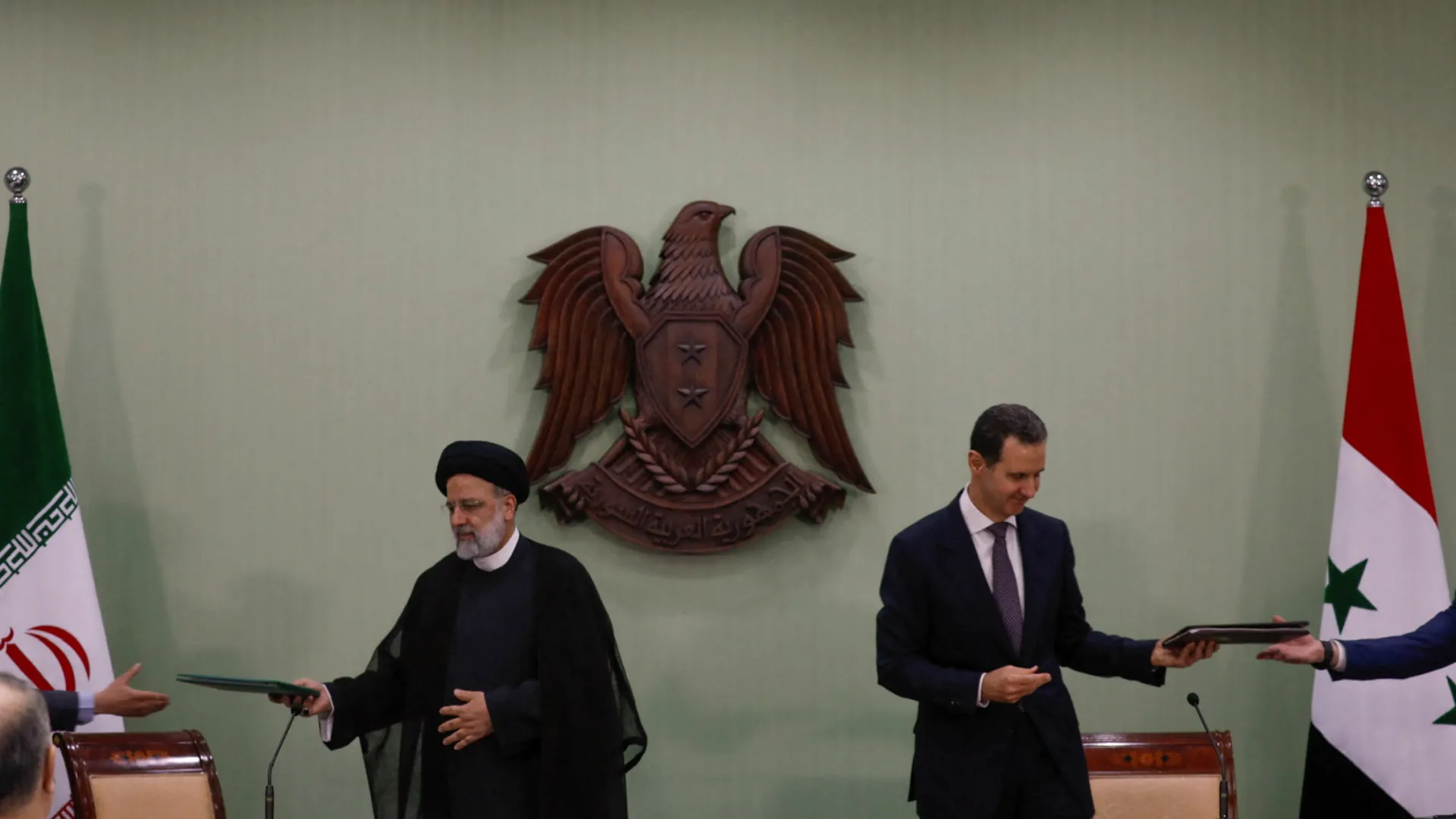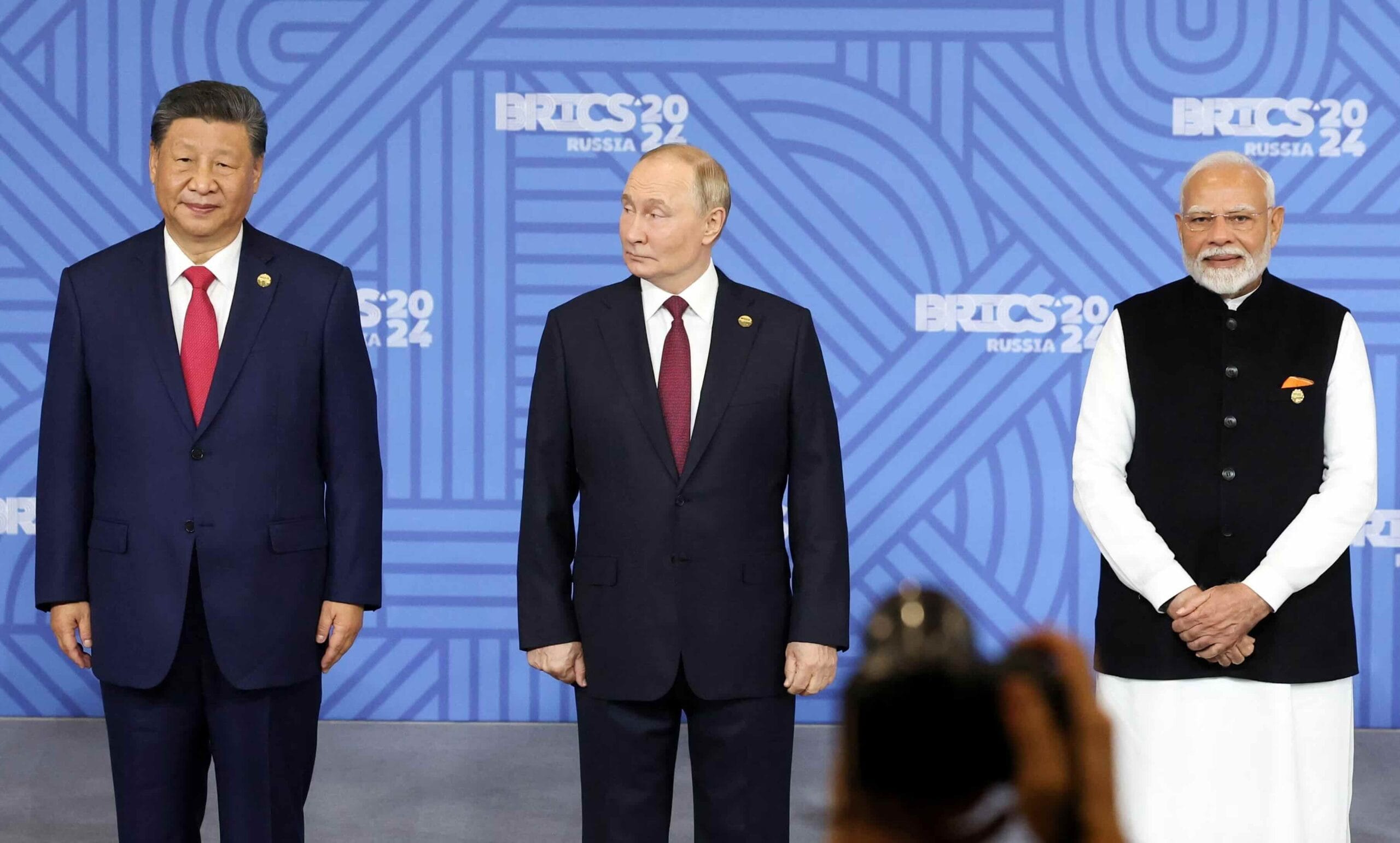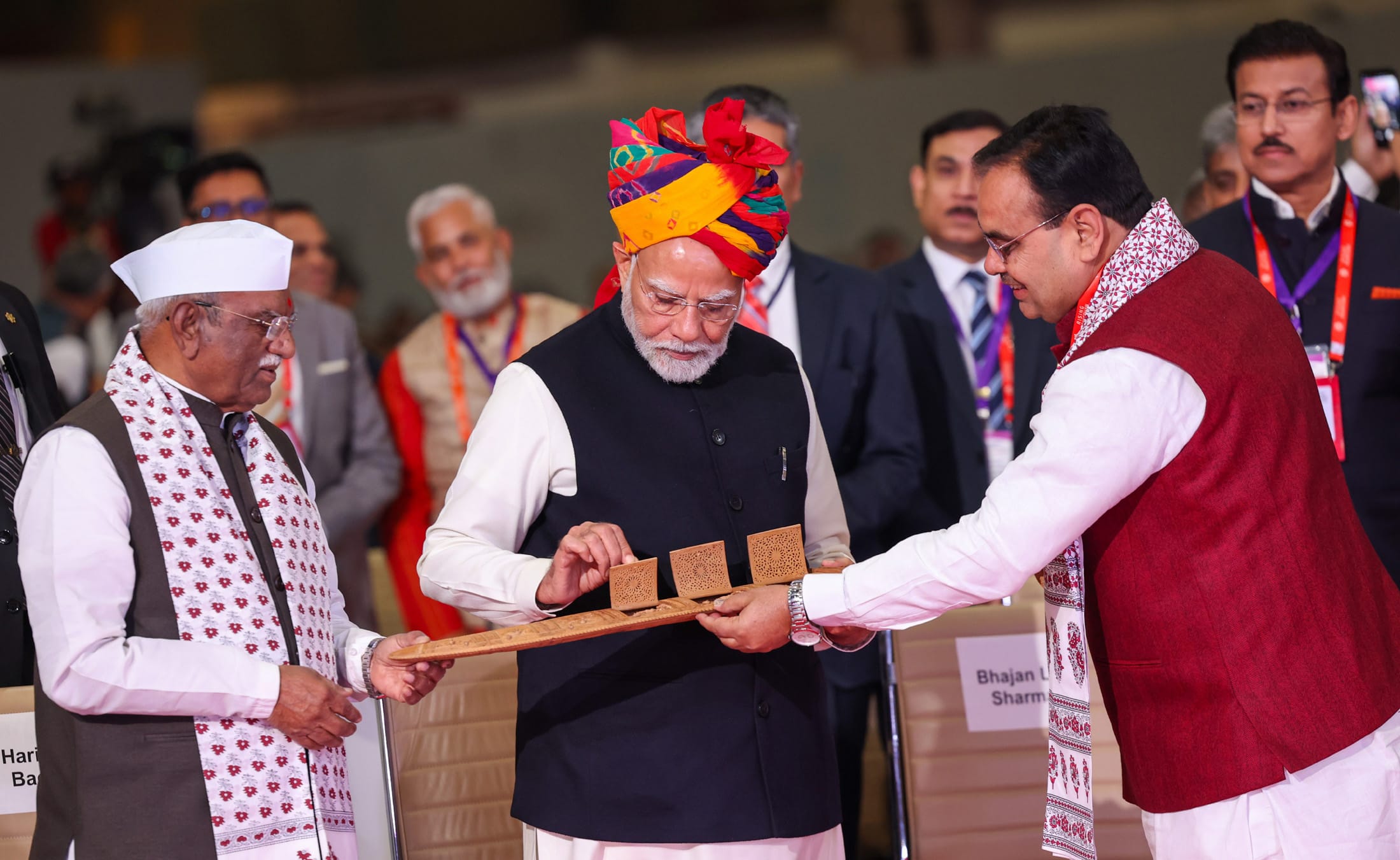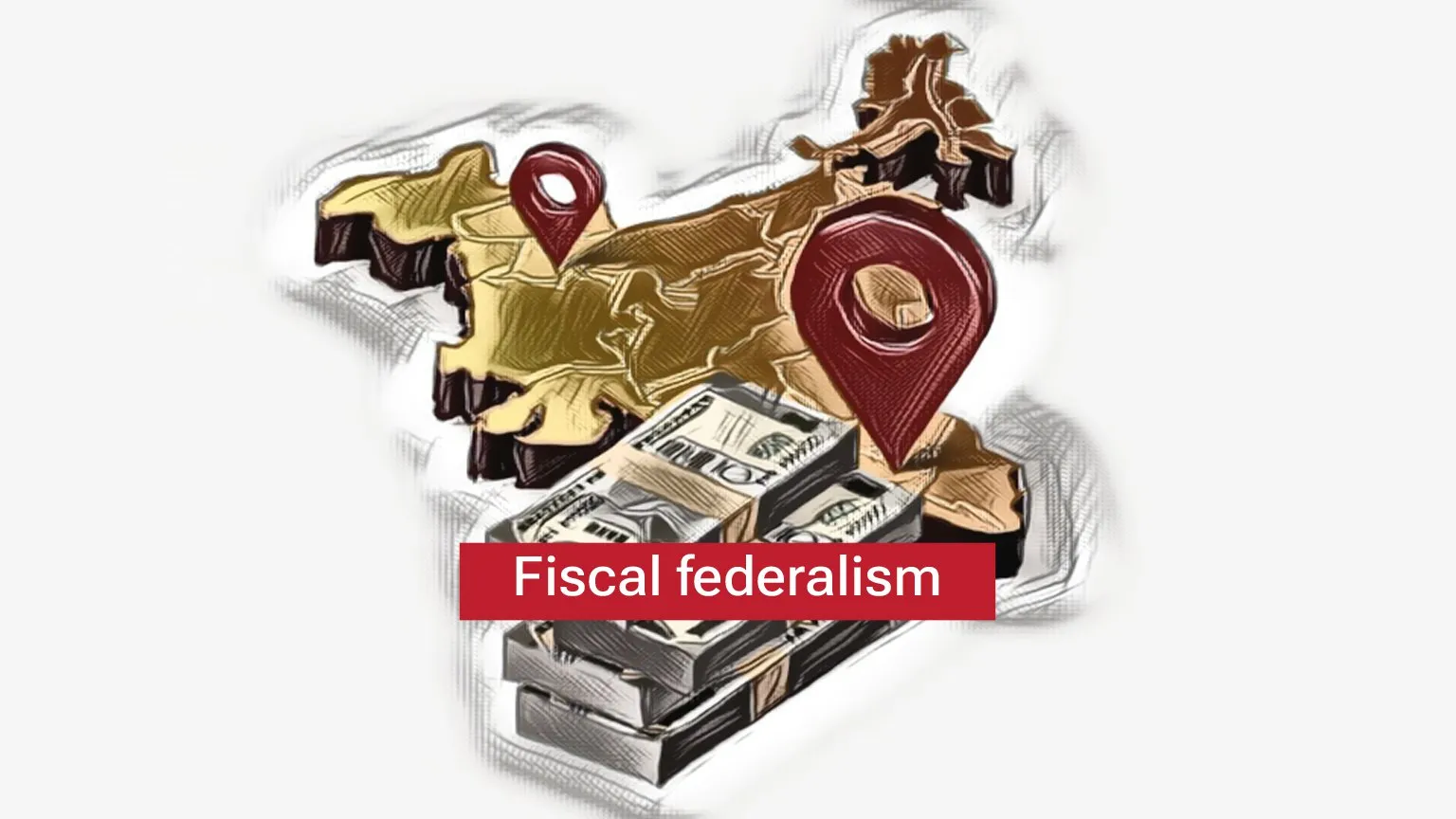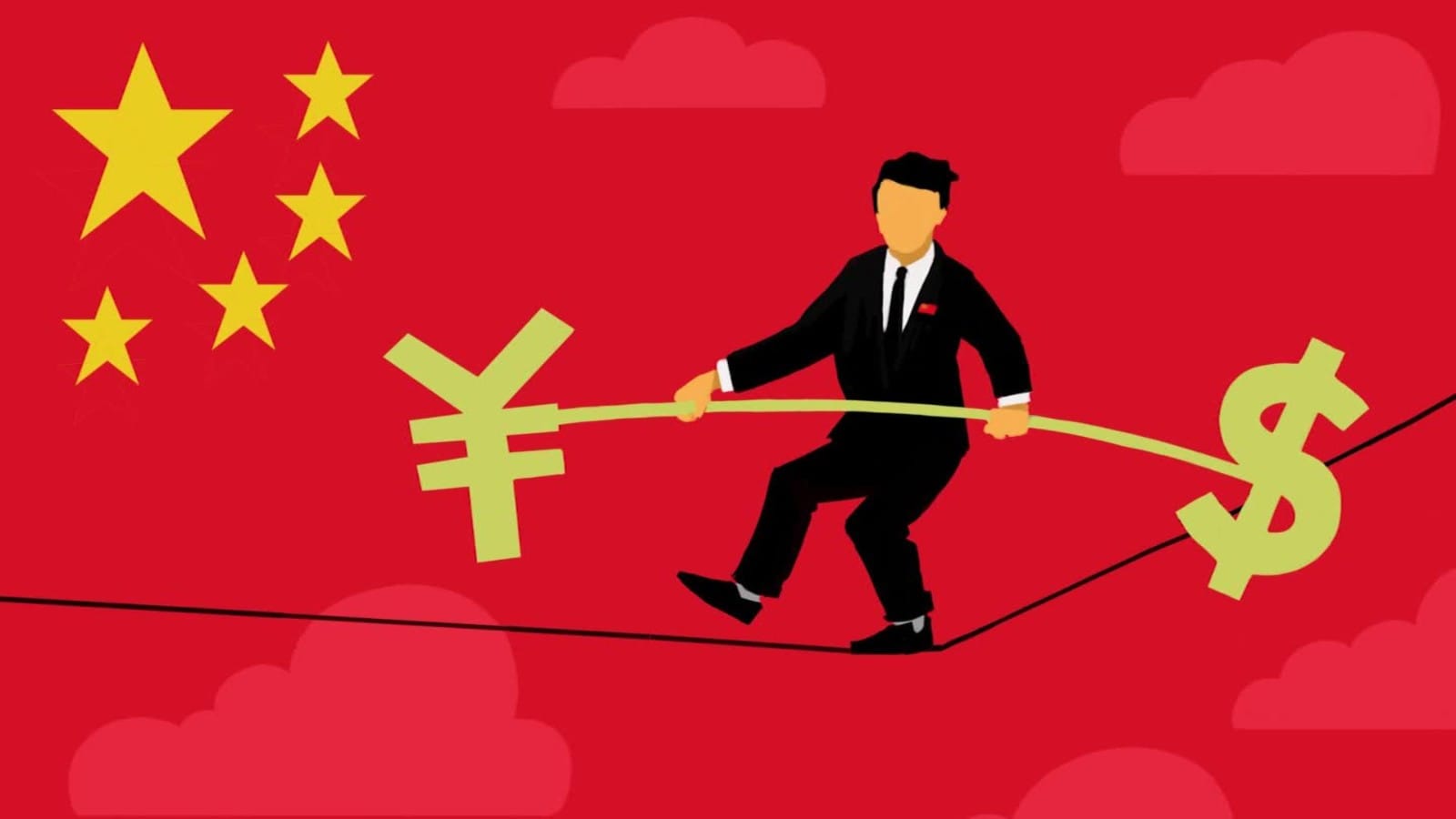Ten years after the contemporary Scottish independence movement began, Scotland’s independence and the long-awaited reunification of Ireland have become historic certainty. Political figures made the startling announcement that Northern Ireland will soon join the Republic of Ireland and that Scotland will be recognised as an independent country. The British Isles, as well as the distribution of power and international relations worldwide, are now redefined by these two significant events, which have their roots in decades of cultural revival, political unrest, and revolutionary catalysts.
Author: TheViyug
A Snapshot of China’s Economy in 2024
On January 17, 2025, the National Bureau of Statistics (NBS) of China released the GDP figures for the year 2024. The statistics show that China achieved its 2024 GDP target of 5 per cent in December 2023 at the CEWC meeting. The economy peaked in 2007 with a 14.2 per cent growth rate but stagnated after President Xi Jinping implemented the ‘Three Red Lines’ policy to improve the real estate sector. Stimulus measures and impressive Q4 growth from exports and manufacturing ended the year positively. The GDP totalled RMB 134.91 trillion (US$18.80 trillion) with a 5% year-on-year growth rate in constant prices, meeting the government’s objective.
H-1B Visa Politics: US Immigration Policy and its Impact on India
The triumph of the Republican leader Donald Trump as the President of the United States has brought the political focus on immigration issues and the H-1B visa programme to the forefront. The tough posture on the H-1B programme in his first tenure has softened his stance in his second tenure with courtesy of his Silicon Valley ally and supporter Elon Musk whose company thrives on a global talent pool for whom he says “we cannot do without them…go to war for visa issue if necessary”. With Musk appointed as the head of the New Government Efficiency Commission tasked with cutting down the federal budget from US$6.75 trillion to US$2 trillion, Trump intends to make the US into a manufacturing superpower to accomplish his mega project of ‘MAKING AMERICA GREAT AGAIN (MAGA).
India’s Soft Power and Cultural Diplomacy
In modern era, India’s journey to leverage its soft power capital, which had begun influencing its interactions with foreign states and societies even during the colonisation phase. Intellectual and radical interactions of luminaries like Swami Vivekananda, Tagore, MN Roy signalled an intrepid internationalism in their minds. To quote Gandhi, “I want the culture of all lands to be blown about my house as freely as possible. But I refuse to be blown off my feet by any”. As one of the few uninterrupted surviving civilisations, with its unique values and worldview, India offered new meanings to concepts like war, peace, power, religion, and similar others.
Is Luxury Losing its Spark? Affordable Exclusivity to the Rescue
The global luxury industry, long reliant on the wealthiest clientele, is facing a critical crossroads. As prices soar, even the affluent are beginning to feel the pinch, particularly in key markets like China. Luxury brands, which have historically thrived on exclusivity and high margins, are now confronting the dual challenge of maintaining their elite status while appealing to a broader, more aspirational customer base. The question at the heart of the industry’s future: Can luxury remain exclusive without pricing itself out of the market?
Iran in Syria: A Strategic Setback, Not a Defeat
The blitzkrieg campaign by the Syrian rebel coalition headed by the Hayat Tahrir Al-Sham (HTS) leader Abu Mohammed al-Jolani ended the five-decade rule of the Assad family in Syria. President Bashar al-Assad was removed from power after an arduous and long decade of protest by the rebel groups. Amidst the dramatic shift, the future stakes of Iran in Syria have come into the spotlight. Being a prominent ally of Assad, Iran has faced strategic setback in a country crucial to enhancing its strategic depth. Nevertheless, it is too early to determine the aspect of strategic defeat as Tehran has the vitality to recalibrate its policy.
BRICS: India’s Position in the Emerging Global South Alliances
The BRICS (Brazil, Russia, India, China, and South Africa) grouping has been the forerunner of global economic and political developments for over a decade. The BRICS countries account for over 40% of the world’s population and over 25% of global GDP. They are also among the fastest-growing economies in the world. India is an important player in the BRICS grouping. It is the second most populous country in the world and the sixth largest economy. India has also been growing swiftly in recent years, with GDP growth comprising over 7% per year over the past decade.
Para Diplomacy: Driving the Rising Rajasthan Investment Summit
Para diplomacy can be understood as the actions initiated by states, provinces, or cities to establish international relations and promote their commercial interests. It also gives regions leverage to engage foreign investors and governments hence opening doors for partnership and capital investment. Rajasthan has adopted this concept in practicing its tourism policies by holding road shows and investor meets nationally and internationally. Such efforts are in the pursuit of introducing itself to a network of potential investors and marketing the state as the hub of opportunities in different fields.
Special Packages: Unpacking India’s Fiscal Federalism
Earlier this year, the chief ministers of Bihar and Andhra Pradesh had demanded special financial packages for their respective states from the Centre. Special Packages for both states were announced in the Union Budget 2024-25. The issues catered in the package ranged from subjects like Irrigation, Flood Mitigation, Purvodaya: Vikas Bhi, Virasat Bhi, Airports, Medical Colleges, Sports Infrastructure, Highways, Industrial Corridors and Tourism development. Special Packages refer to the support provided to states facing geographical and socio-economic challenges, offering them additional financial assistance and other benefits.
China’s Economic Policy for 2025
On December 9, 2024, the Political Bureau (Politburo) of the Central Committee (CC) of the Communist Party of China (CPC) convened a meeting to discuss the country’s economic policy priorities for the year 2025 and the broader and deeper challenges facing the Chinese economy. The headline of the readout is “CPC Central Committee Political Bureau Holds Meeting to Analyze and Research 2025 Economic Work, Study and Deploy Party Conduct, Clean Governance and Anti-Corruption Work, CPC General Secretary Xi Jinping Presides Over Meeting.
